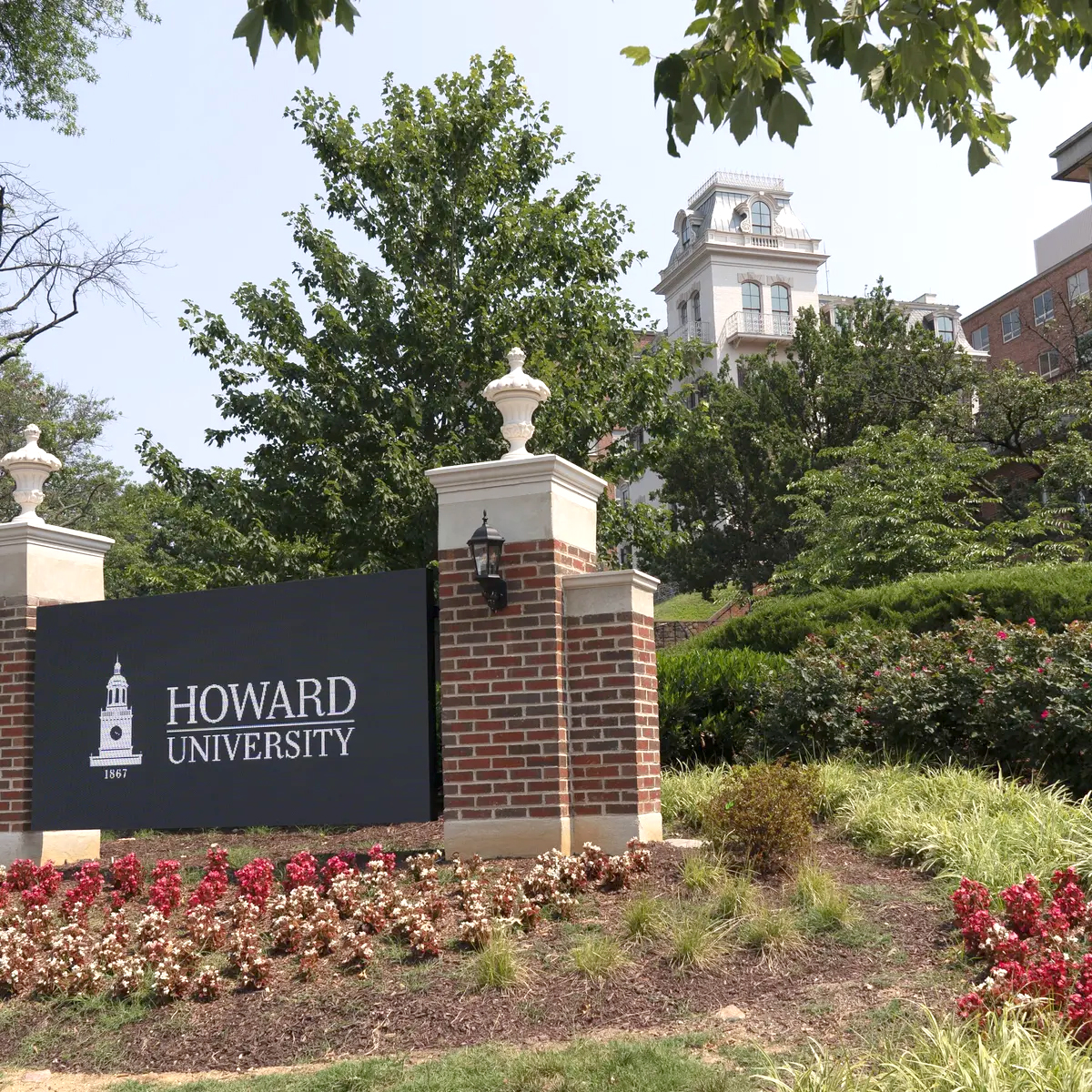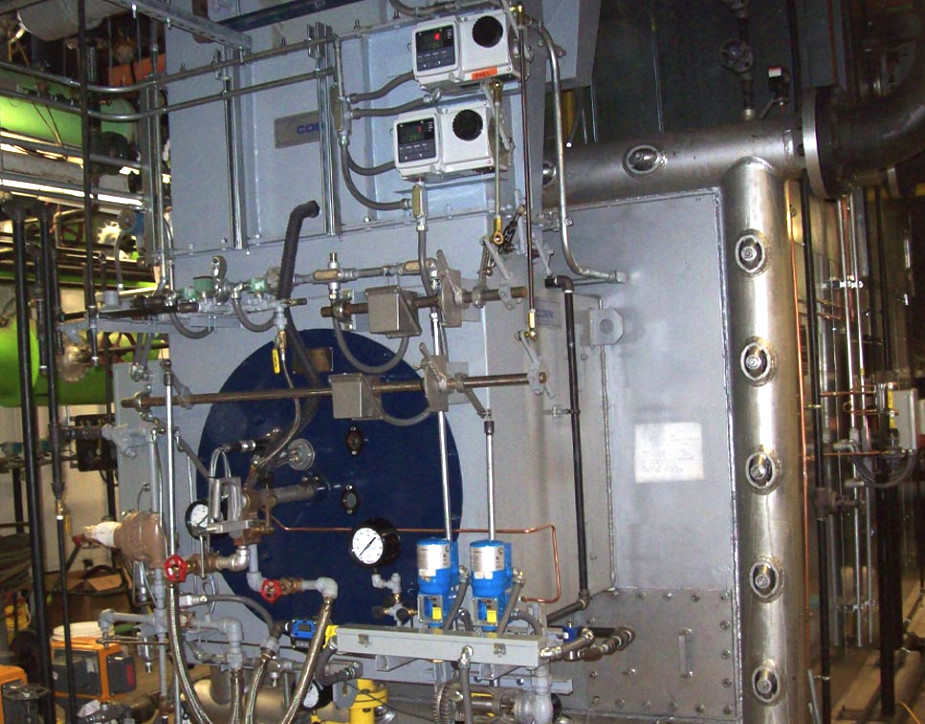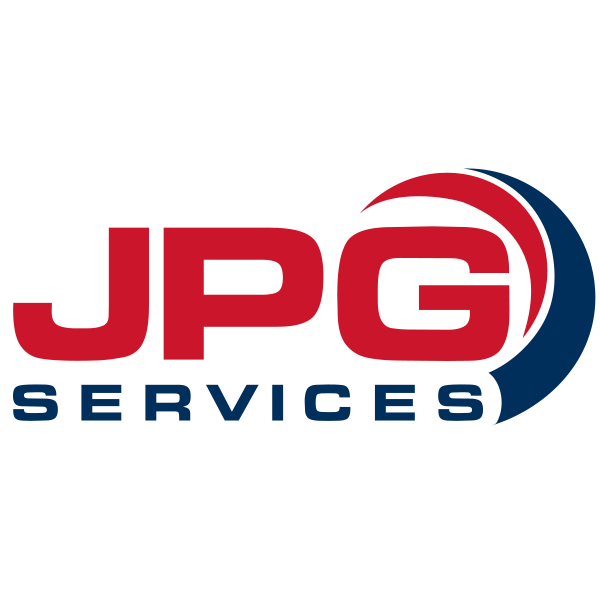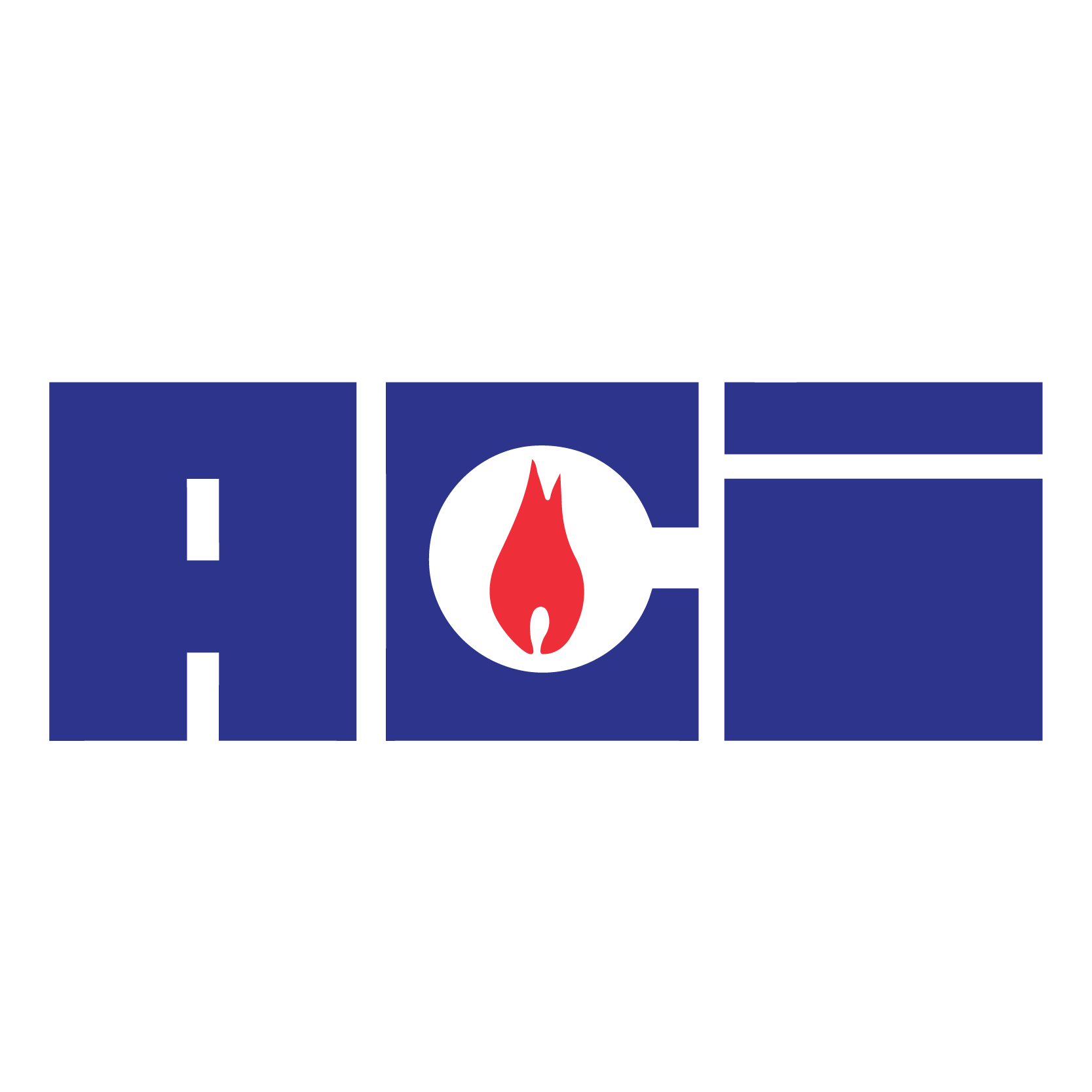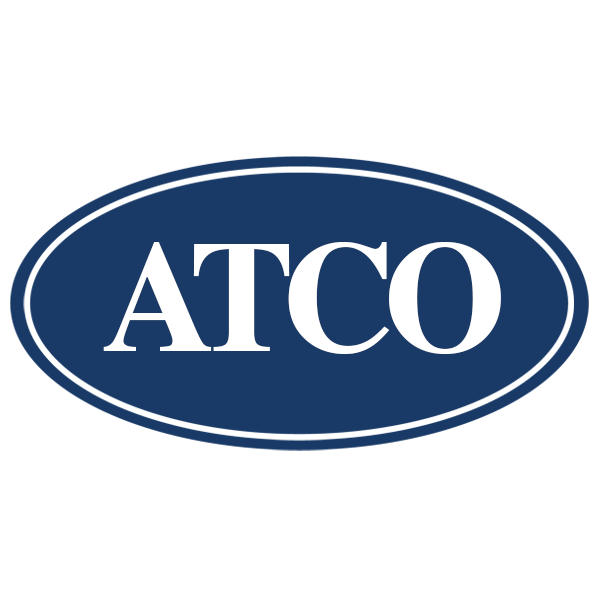Case Studies
Proven Performance Across the Platform
Real Results from Critical Facilities' Projects
Broadneck Elementary School
Anne Arundel County, MD
HVAC Controls
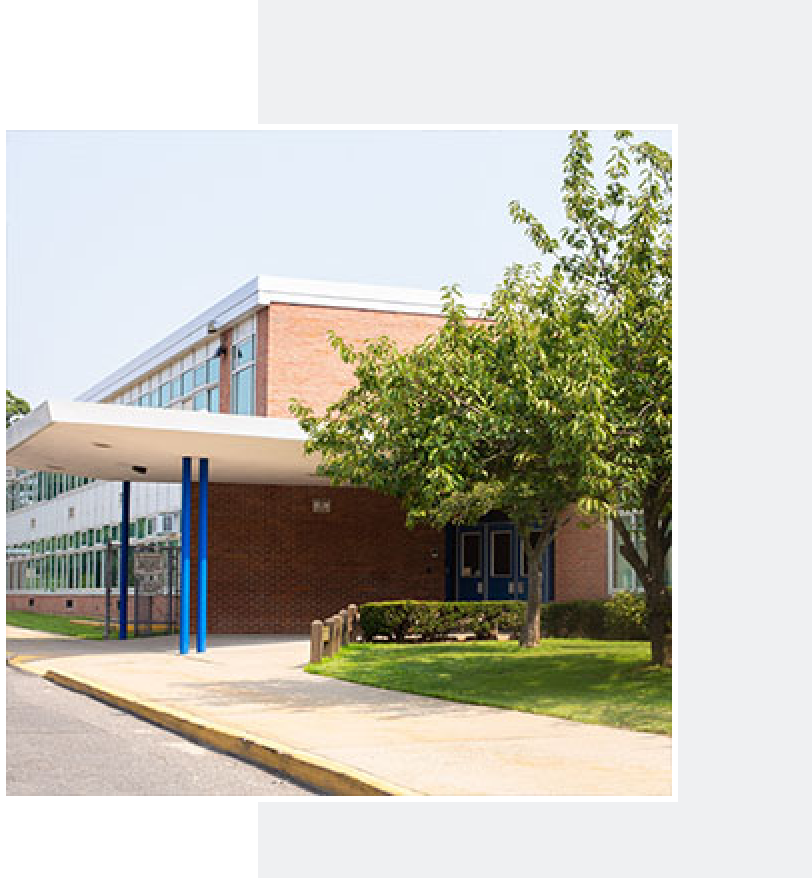
EASI transformed Broadneck Elementary School's outdated HVAC system into a modern, automated facility that reduced energy costs by 30% while significantly improving occupant comfort.
Modernizing an Aging School Building: Automated Solutions for Enhanced Comfort and Efficiency
Broadneck Elementary School’s 84,111-square-foot facility struggled with 20-year-old HVAC equipment and manual controls that led to inconsistent temperatures, frequent maintenance issues, and excessive energy costs. Staff regularly complained about uncomfortable classroom temperatures, while the maintenance team faced ongoing challenges with equipment failures and inefficient operations.
After a comprehensive facility assessment, EASI identified that integrating modern automation controls with the existing equipment could provide immediate benefits without requiring a complete system replacement. We found opportunities to enhance control over gas heat, improve air distribution, and implement smart scheduling that would significantly reduce energy waste while extending equipment life.
EASI designed and implemented a customized Building Automation System that seamlessly integrated with the existing HVAC infrastructure. We installed new controllers and sensors, created a centralized management dashboard, and programmed intelligent scheduling based on occupancy patterns. Our team also provided comprehensive training to ensure facility staff could effectively manage the new system.
Prince George’s County Public Schools
Prince George's County, MD
Energy Benchmarking
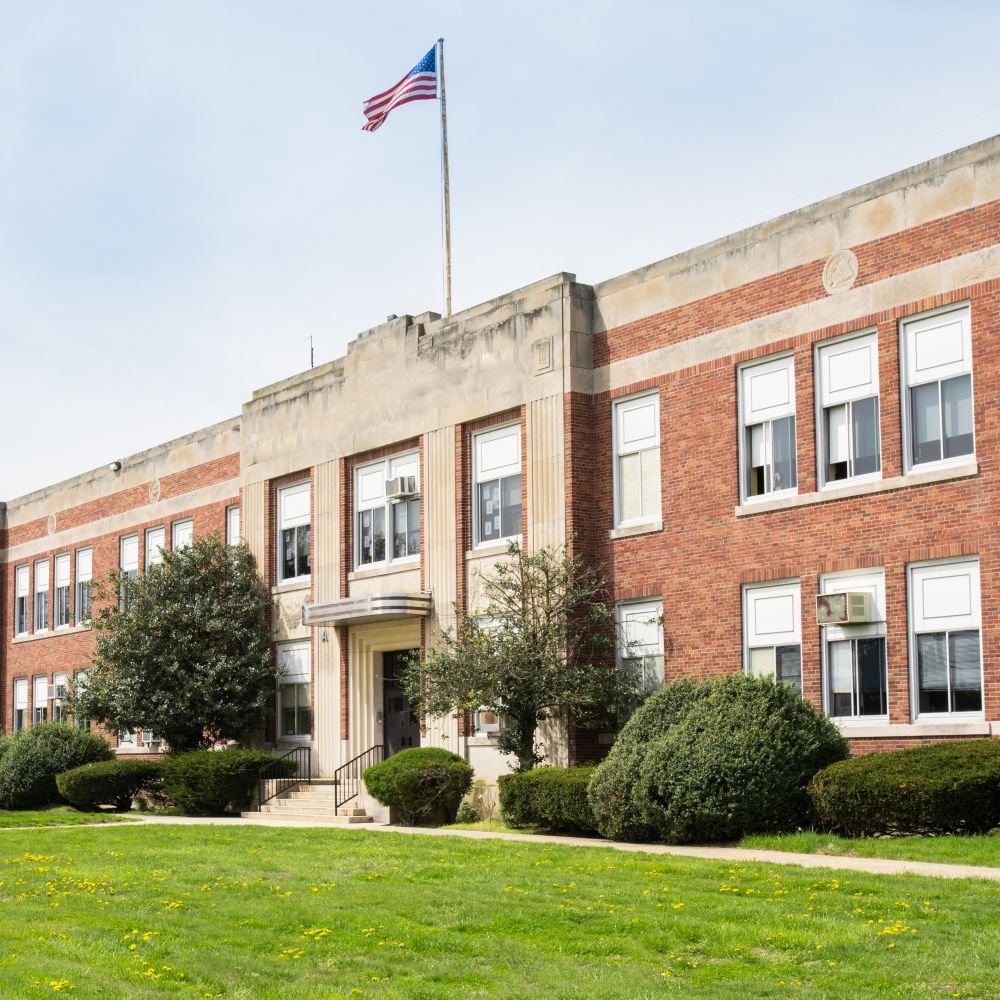
EASI optimized Prince Georges County Public Schools' underutilized building automation systems through comprehensive retro-commissioning, reducing energy consumption by 20% and eliminating 90% of comfort complaints.
Revitalizing Building Performance: Optimization of Underutilized Systems
Anne Arundel County Public Schools
Anne Arundel County, MD
Preventative Maintenance
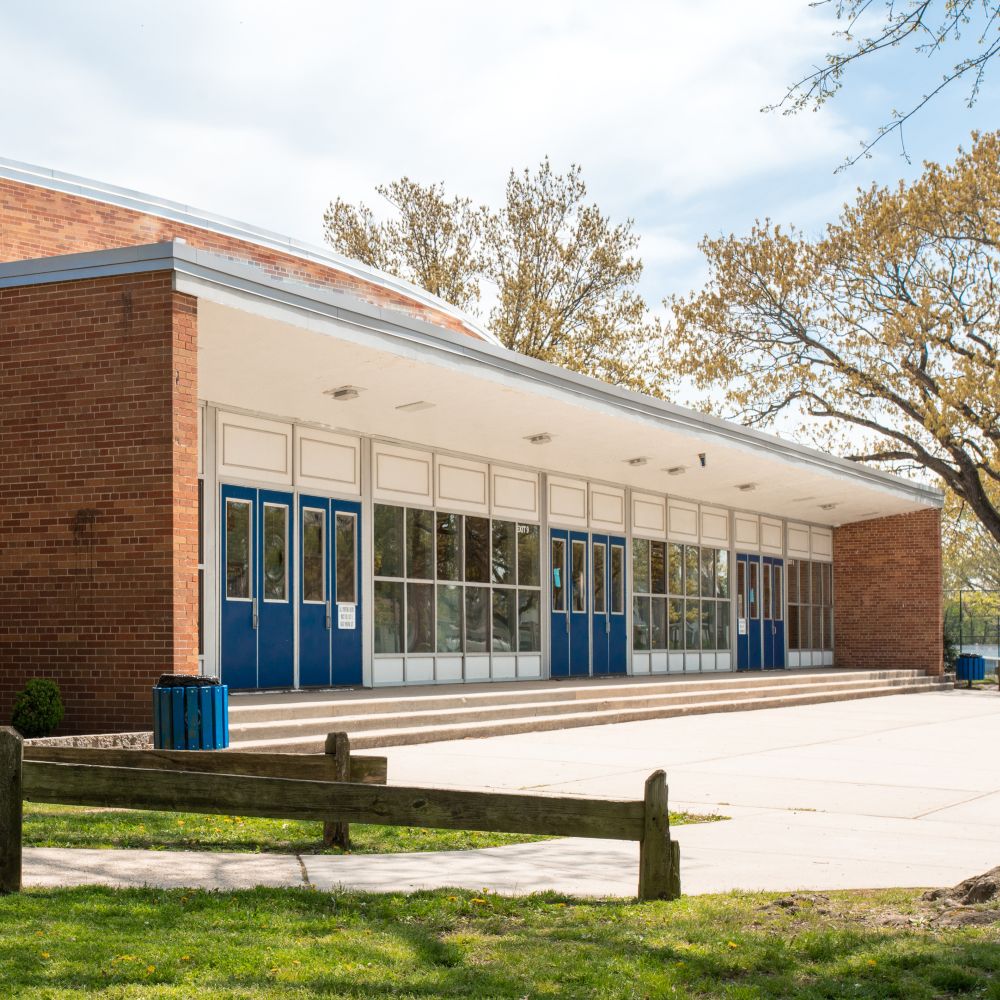
EASI implemented a comprehensive preventative maintenance program across Anne Arundel County Public Schools' 134 buildings, significantly reducing emergency repairs and extending equipment life.
Transforming School District Operations: A Proactive Approach to HVAC Maintenance
Howard University
Washington, D.C.
Winter Emergency

Howard University called on ACI’s ASME-certified team to get their hospital centers back online with a boiler replacement plan after a damaging cold snap.
Getting Critical Systems Back Online in Cold Snap
Howard University, a leading university located in Washington, D.C., has over 12,000 undergraduate, graduate, and professional students on a 257-acre campus with a complex network of hospital and student facilities. A central plant with eight boilers supports the entire campus.
Howard University’s students and patients rely on their complex HVAC system to remain operational. The university needed a partner to provide rapid-response emergency service during abnormally cold conditions in the winter of 2017. The cold snap caused numerous issues throughout their facilities, including failing boilers, gas valves that needed replacement, and pipes that were too damaged by the cold to distribute steam. Getting the hospitals back online was an urgent priority. Howard engaged ACI, and we quickly responded with top technicians and leading HVAC solutions to support the university’s critical systems.
ACI was quick to respond with an ASME-certified team that mobilized eight self-contained 100HP high-pressure mobile boiler rooms to the job site. The team quickly identified the customer’s needs and recommended high-efficiency satellite boilers. Welder and apprentice crews were ready to provide re-tubing services at any hour.
As a direct result of the quality service they received, Howard University engaged ACI long-term as a trusted partner that can be relied on to keep their complex facilities running. The temporary boilers and piping have since been replaced with permanent solutions, and ACI continues to provide routine maintenance and rapid-response emergency service as needed.

